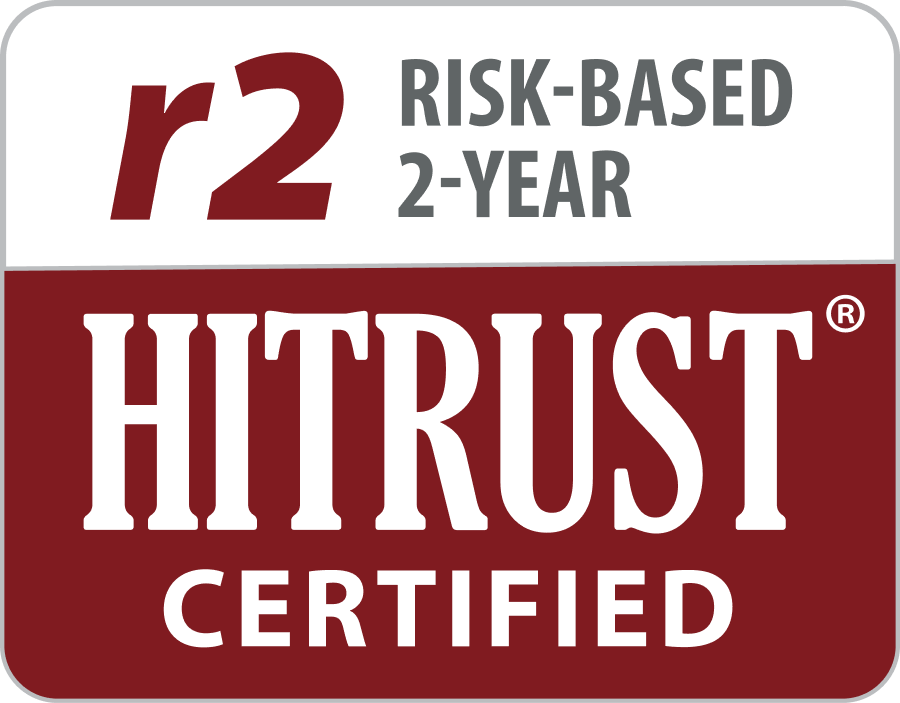With telehealth utilization at 38x what it was pre-pandemic, plan sponsors should address telehealth fraud as part of overall anti-fraud, waste and abuse plans
The pandemic had a tremendous impact on healthcare delivery. Fee-for-service Medicare previously offered telehealth services on a limited basis—mostly to beneficiaries in rural and medical staff-shortage areas. And while Medicare Advantage (MA) plans have always been able to offer broader supplemental telehealth benefits, usage prior to the pandemic was relatively low. CMS relaxed certain telehealth prohibitions, such as geographic area restrictions, and expanded the list of eligible services and the types of providers permitted to use telehealth. CMS also allowed the use of audio-only for certain telehealth services, such as office visits and behavioral health services. As a result of these flexibilities and patient support for telehealth services, its use increased dramatically during and following the pandemic. According to McKinsey & Company, in 2021 telehealth utilization leveled off at about 38 times higher than before the pandemic.
Some of the areas of highest telehealth usage include psychiatry and substance abuse, prescription/pain management, urgent care, dermatology, chronic disease management, and endocrinology. Unfortunately, as a greater percentage of healthcare is delivered through remote technology, there is the potential for increased fraud, waste, and abuse (FWA). Telehealth services are highly prone to abuses and some of the highest dollar recent cases in Department of Justice history are related to telehealth.
Read full article to learn how to develop a telehealth FWA prevention and detection program.
How ATTAC can help with Telehealth Fraud, Waste, and Abuse
There are many other aspects to telehealth FWA, including the area of incident-to-billing and cybersecurity threats. ATTAC Consulting Group can help your organization identify telehealth-related vulnerabilities, interpret recent data and make recommendations for augmenting your current FWA program.

